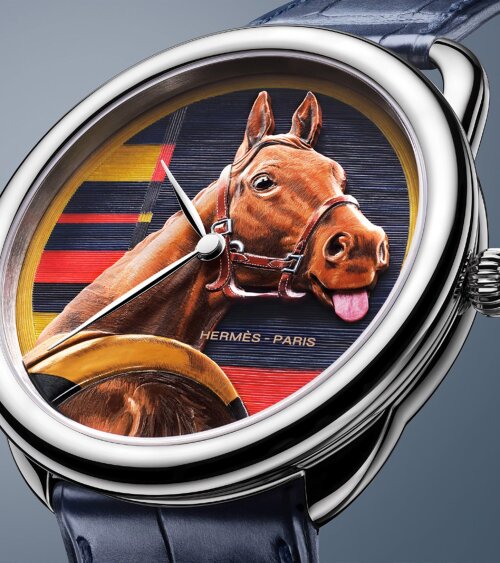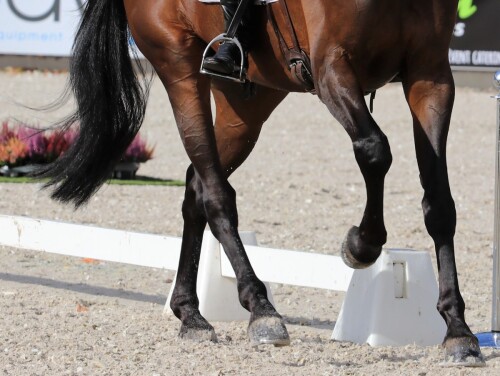If it's up to the British Eventing to decide (BE), riders will no longer wear dressage hats in the future. Yesterday BE announced that competitors of national eventing competitions can't wear dressage hats anymore in Great-Britain. Earlier this measure was already effectuated for riders competing at a lower level. Riders who where starting in the higher classes, could wear a so called 'hunting hat'. The dressage hat could only be worn at the highest levels of the sport. This new rule states that riders, competing at BE-classes, have to wear a cap instead of a hat. British Eventing isn't the first federation to make this kind of decision. Earlier measures were already taken in new Zealand. Chriss Farr, operational manager of BE says: "We understand that wearing a hat was a big part of a long eventing-tradition. It is however very clear that they don't protect the riders as good as a normal cap. Just like other federation, BE decided it's not more than logical that all riders should wear a cap in all three disciplines". This new rule only applies to national competitions in Great-Britain. The FEI rules for international competitions have not changed.



